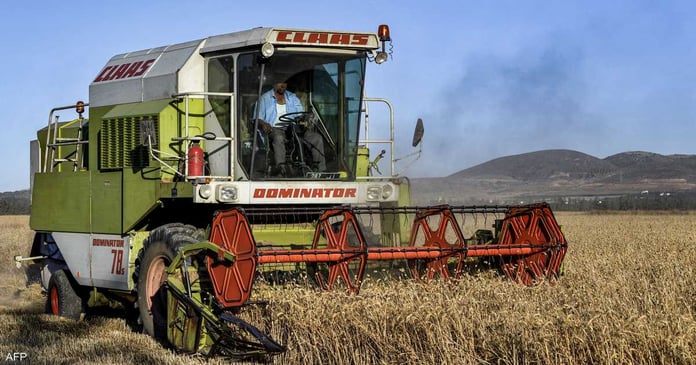The FAO said in its bi-annual Growth Prospects Report that while high-income countries will continue to increase their imports, the bill for 47 least developed countries, located mainly in Africa, is expected to fall by 1.5% this year. .
But the decline will be more pronounced and could fall to almost 5% in developing countries that are net importers of food products such as Tunisia, Egypt or Pakistan and Turkey.
The FAO described the decline in the volume of food imports in these two groups as a “worrying development” and suggests a decline in their purchasing power.
And if the prices of oils or cereals have fallen after peaking in March 2022 after the outbreak of the Ukrainian crisis, they are still at high levels today.
The prices of fruit, vegetables or dairy products continue to rise, “slowing down demand”, especially in the poorest countries.
And the Food and Agriculture Organization of the United Nations points out that “what reinforces these concerns is that the decline in international prices of a number of basic foodstuffs has not been translated, or at least not entirely, by lowering prices at the local retail level”.
Globally, spending on food imports is expected to reach a new high in 2023, although it is expected to “increase at a much slower pace than last year”.
After a jump of 18% in 2021, then 11% in 2022, the bill will increase by 1.5% to 1,980 billion dollars.
At the same time, the production of rice, coarse grains (maize and sorghum), oilseeds, sugar, milk or meat, except beef, should be more abundant in 2023 and 2024.
Coarse grain production is expected to increase by 3 percent to 1 513 million tonnes, “a new record”, thanks to a bumper crop in Brazil.
On the other hand, wheat production is expected to fall by 3% after a record level recorded the previous season (777 million tonnes) due to lower harvests in Russia and Australia.
“Despite these generally positive prospects, global agrifood production systems remain vulnerable to” climatic, geopolitical or economic shocks, underlines the FAO.
Read the Latest World News Today on The Eastern Herald.


